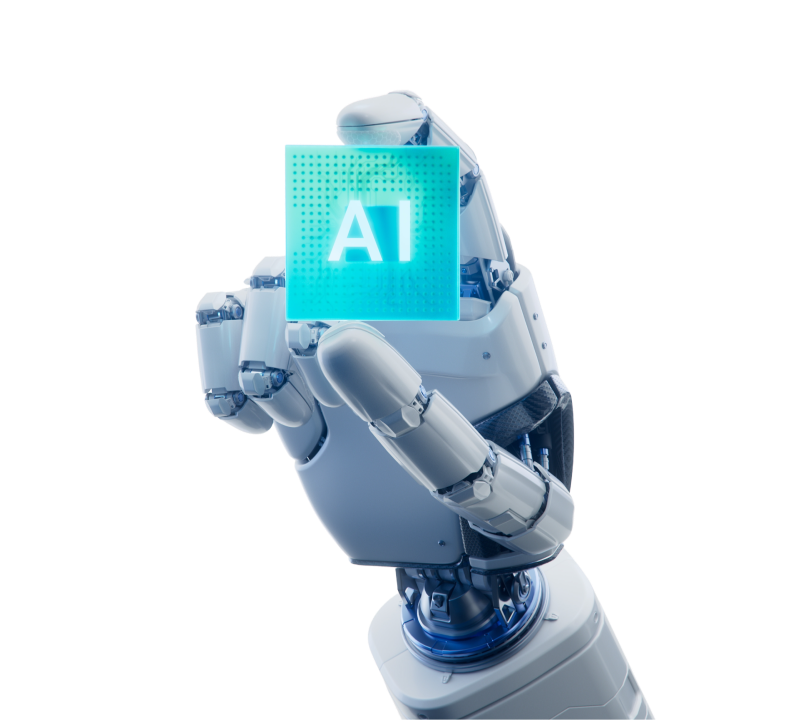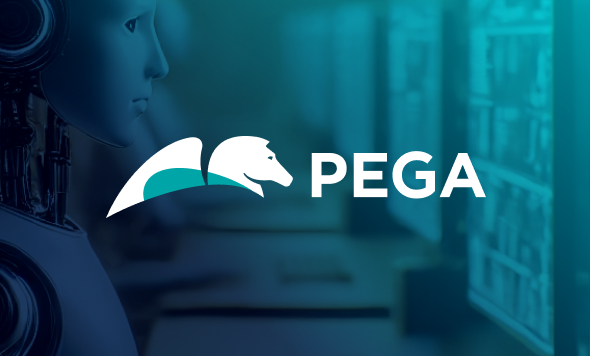
Contact centers are often caught in the crossfire between heightened customer expectations and operational challenges. You might relate to the pain of high call volumes, inconsistent customer experiences, and overtaxed agents. Artificial intelligence (AI) changes that narrative. With Pega’s AI solutions, you’ll turn those frustrating experiences for members and agents into something much more satisfying. In this article, we’ll cover:
- The challenges contact centers face and the potential risks associated with using AI
- Upcoming changes in healthcare and how they’ll affect contact centers
- Ways AI can help you adapt to those changes
- Three use cases that demonstrate a solid ROI
- Why partnerships are so important
Let's take a closer look at the challenges healthcare companies face in their contact centers. First, high call volumes and inefficient workflows often lead to longer wait times and frustrated customers. As a result, customer churn may increase. Scaling challenges create capacity issues and service interruptions, while data overload hinders the ability to gain actionable insights that could enhance service delivery. It's a tough landscape, but AI offers a powerful solution.

THE OTHER SIDE OF AI
When implementing AI, you need to consider the technical, operational, and regulatory challenges and risks associated with its adoption.
The accuracy and quality of data used to train AI models impact their effectiveness, and biases in the data can lead to unfair or discriminatory outcomes. Ethical concerns around privacy, transparency, and accountability are also significant. While many may worry about AI causing job losses, it's more likely to enhance human agents instead of replacing them, but that could require skill development. The technical complexities and costs of AI implementation are also challenging, and customer acceptance can be a hurdle, as many prefer human interactions. Fortunately, the risks can be managed with the right strategies.

WHAT’S ON THE HORIZON
The next five years will bring major changes to the healthcare industry, influencing contact center operations. The takeaway is that companies need to adapt, and AI can be a valuable partner in this process. Here are five potential changes and their impact:
- Increased focus on patient experience
- Rise of virtual care
- Advancements in AI and automation
- Data-driven decision-making
- Regulatory changes
As healthcare organizations work to improve patient satisfaction, contact centers will play a big role in providing personalized care. Telehealth and remote patient monitoring are on the rise, which means more demand for support from contact centers. AI chatbots, virtual assistants, and automation tools will keep changing and improving how contact centers operate. Big data analytics and predictive modeling are becoming more common in healthcare, helping organizations make smarter decisions. New rules and policies, like data privacy laws and quality standards, could affect how contact centers run.
AI IS A VALUABLE PARTNER
AI isn't just a tool; it's a strategic partner for adapting to future changes and enhancing the member experience. The following five examples illustrate this point:
- Faster response times: AI systems quickly analyze customer questions, making it possible to respond faster than ever. This means less waiting around for your members.
- Communication that feels personal: AI changes how you connect with members by analyzing their history and preferences to craft personable responses.
- Call routing made simple: AI-driven routing ensures a member’s call goes to the right agent or department based on member needs.
- Self-service options: Interactive voice response (IVR) systems and chatbots help customers find information and solve simple problems on their own.
- Solve issues before they escalate: Predictive analytics and machine learning can spot potential issues early, allowing companies to be proactive.

PEGA'S AI SOLUTIONS IN ACTION
Let's look at a few compelling use cases that show how contact center AI works in practice.
When a new agent is learning to manage a specific type of customer inquiry, the GenAI Agent Trainer can create personalized training scenarios that simulate real-world interactions. If an agent wants to improve their performance in a particular area, the GenAI Agent Trainer offers feedback on their performance and recommends strategies for improvement.
Picture an agent trying to find a specific policy detail for a customer. Rather than sifting through multiple databases and manuals, the agent can turn to Knowledge Buddy for help. Knowledge Buddy searches designated sources and delivers a concise summary, complete with links to the relevant documents for further reference.
When an agent handles a complex customer inquiry and needs to document the interaction. GenAI Call Wrap-up automatically generates a detailed summary of the call, including key points, actions taken, and follow-up tasks.
AN INVESTMENT THAT PAYS OFF
11-point increase in NPS
3-minute drop in AHT
50% decrease in training time

Implementing Pega AI in contact centers isn’t just about improving service — it’s about seeing tangible returns. Pega’s solutions significantly enhance contact center operations and help you achieve a higher return on investment. An 11-point jump in net promoter score (NPS) is a clear sign that customers are happier and more loyal. NPS is a great tool for measuring how likely customers are to recommend you. A three-minute reduction in average handling time (AHT) is no small feat. This means agents are becoming more efficient and resolving issues faster, which leads to a better customer experience. Finally, cutting agent training time by half is great news! It means your team can get up to speed quickly, saving time and money.
PARTNERSHIPS
As the healthcare industry changes, contact centers need to adapt. The continued focus on patient experiences, the growth of telehealth, and improvements in big data analytics are changing the field. AI is essential in managing these changes.
While most companies recognize that AI is essential to staying competitive, implementation challenges can hold them back. To address this, many are working with internal and external partners to ensure secure and effective integration.
Since 2013, we've been a proud Pega partner, with a dedicated onshore team that specializes in creating custom mobile apps, web development, and business applications powered by Pega. SoftServe's experts can quickly grasp your company's unique situation and share immediate actions to meet customer expectations. With Pega’s AI-powered solutions, your agents and supervisors can provide a better member experience.


